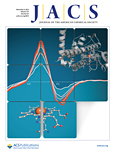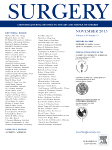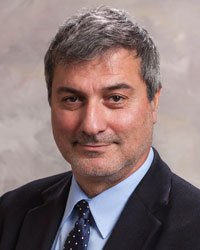
The Karolinska Institutet University Board announced today it was issuing a new external investigation of trachea surgeon Paolo Macchiarini, looking into questions about his recruitment and the handling of previous allegations of misconduct.
According to a press release:
The University Board deems such an inquiry to be an important part of restoring the confidence of the public, the scientific community, staff and students in the university.
The board hopes to appoint the investigative team, which will not consider “matters of a medical-scientific nature,” next week. The goal is to conclude the investigation by the summer.
There were many signs this was coming: Continue reading Karolinska orders new investigation of trachea surgeon Macchiarini

 The authors of a paper on a mechanism for potential cancer therapies are retracting it after realizing they published some proprietary findings “without permission and agreement from St. Jude Children’s Research Hospital.”
The authors of a paper on a mechanism for potential cancer therapies are retracting it after realizing they published some proprietary findings “without permission and agreement from St. Jude Children’s Research Hospital.”

 Another retraction and a correction that retracts two figures — ie, a partial retraction — have been posted for
Another retraction and a correction that retracts two figures — ie, a partial retraction — have been posted for 

